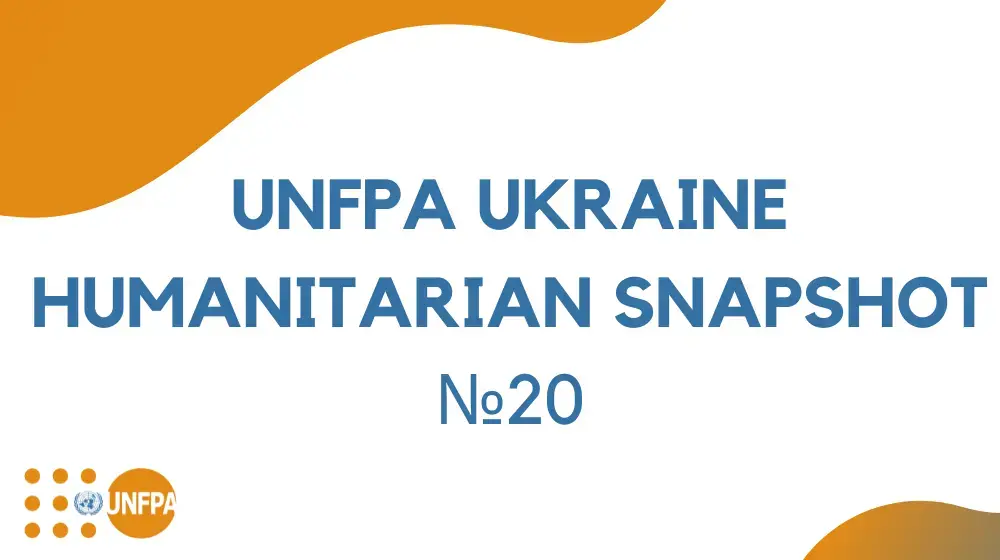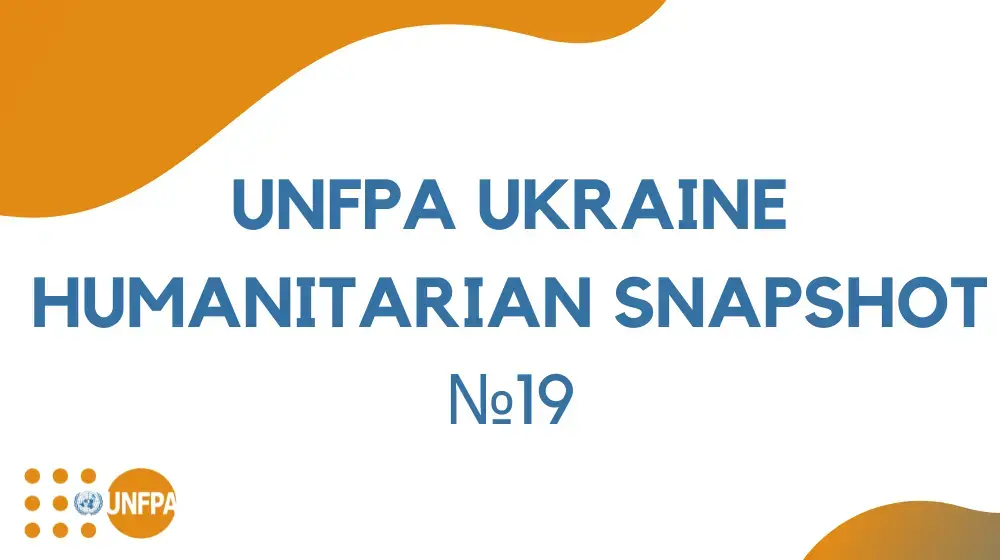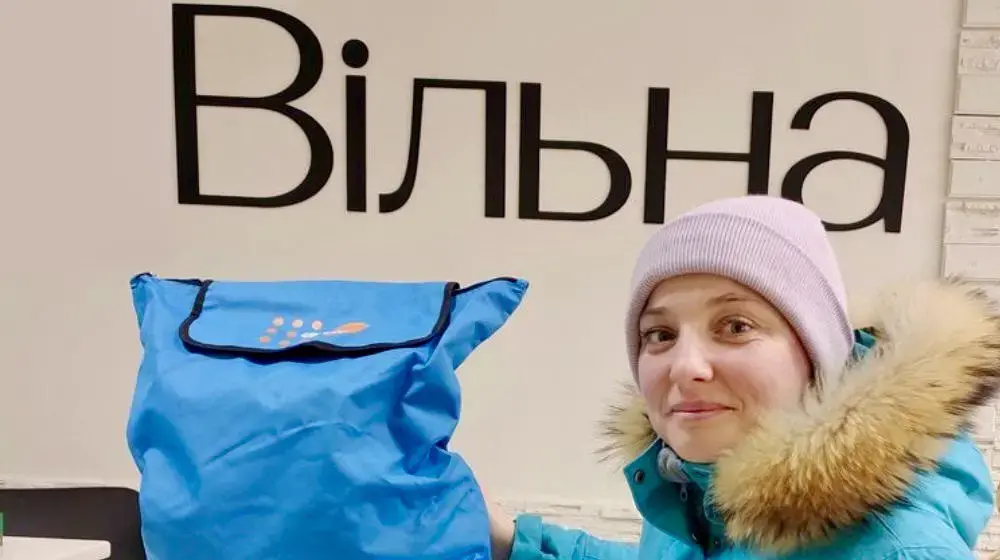.jpg)
Mobile team members visiting a single mother to provide psychosocial support in her house, Luhansk region
Kharkiv Region, Ukraine - For one woman, the help of a UNFPA mobile team meant the first steps to rebuilding her life. Iryna*, 52, and her children were forced to leave their home in Luhansk region after it was destroyed by bombing. Left with nothing but memories, they moved to Kharkiv, where they settled in a dormitory repurposed for housing internally displaced persons. There, unfortunately, Iryna was not able to find so much needed peace. From the very first weeks of staying in the dormitory, she became subject to physical and emotional abuse by the guards, who hurled insults like “It’d be better if you had died there, why did you come here, who needs you here?”. Iryna’s family was further troubled by the behavior of some of the other IDPs, including a man who was suffering from alcohol and drug addiction and untreated psychological problems.
By the time she met with the mobile team the situation had improved, as she and her children had moved into a modular camp for IDPs in the Kharkiv area. However, they were still experiencing psychological effects from living in such conditions, which exacerbated the trauma of their already difficult life circumstances. The UNFPA mobile team enabled her to talk through her experiences, and connected her with services to help her move forward. Thanks to the mobile team, she connected with a psychologist from one of UNFPA’s partner organizations, as well as lawyers to help her obtain an apartment. These are positive steps towards rebuilding her life after overcoming so many hardships.
UNFPA mobile teams have been operating in conflict-affected regions of eastern Ukraine since November 2015. For these months they have provided assistance to over 6 600 women in these areas. The teams, consisting of two psychologists and one social worker, are able to reach underserved communities in Donetsk, Luhansk, Kharkiv, Dnipropetrovsk, and Zaporizhzhia. They work closely with local service providers to connect people with resources and provide support for those with limited access to social services.
*name changed to protect identity




